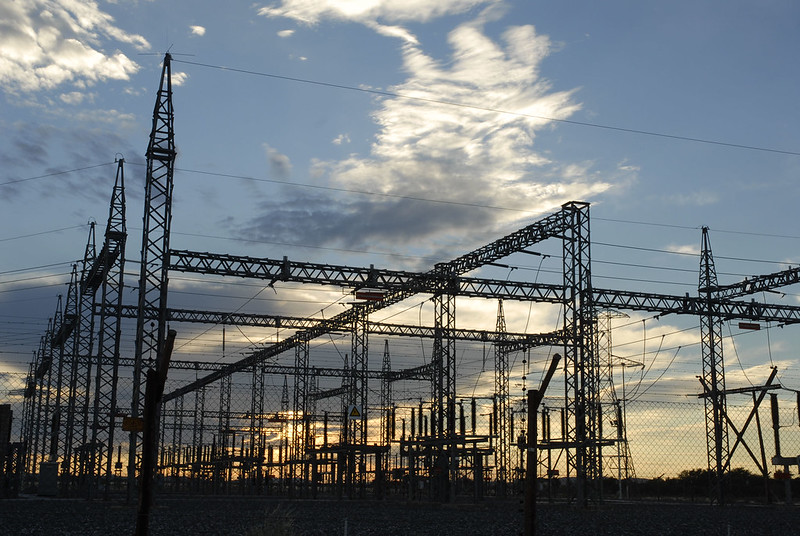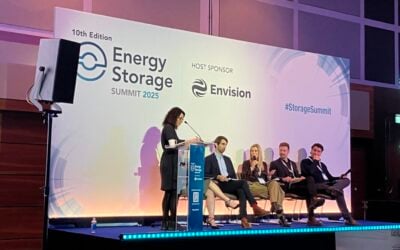
The government of South Africa will soon issue a request for proposals (RFP) for 513MW of battery storage.
A tweet today from the official account for the ruling African National Congress, ANC Parliament, confirmed that the government would “…issue a request for proposal (RFP), consisting of: 513MW of battery storage by the end of February 2023”.
Mineral resources minister Gwede Mantashe said the same earlier in the week, adding it will be issued by the Department of Mineral Resources and Energy and will seek the resources from independent power producers (IPPs). The department’s website said that grid operator Eskom would be the buyer of the stored energy.
The department is launching the RFP through its Independent Power Producer Procurement Programme, sometimes referred to as the IPP Office. The head of that, Bernard Magoro, told media at the end of January that it would seek to procure another 1,200MW of battery storage by the end of 2023.
Try Premium for just $1
- Full premium access for the first month at only $1
- Converts to an annual rate after 30 days unless cancelled
- Cancel anytime during the trial period
Premium Benefits
- Expert industry analysis and interviews
- Digital access to PV Tech Power journal
- Exclusive event discounts
Or get the full Premium subscription right away
Or continue reading this article for free
The 513MW appears to be the round of battery storage procurement which Energy-Storage.news reported was approaching in an article from March last year.
Eskom has already finalised the procurement of some 343MW/1,440MWh of battery storage in August last year, with some of those projects already starting construction towards the end of the year. The grid operator issued a procurement notice for another 146MWh as part of the same rollout, in December. These projects are adjoining Eskom’s substations across the country (with a small amount of attached solar PV) and will provide grid support through peak power provision and ancillary services.
The new round of 513MW announced this week will differ from the Eskom procurements above, Adam Terry, Technical Director at Harmattan Renewables, previously told Energy-Storage.news. The new round will give IPPs much more control over where the projects will be located and their size and technology, while Eskom had much more control over the specs of the 1,440MWh projects.
The country is seeking a net zero energy system by 2050 but more pressing is its need to improve grid resiliency in the face of widespread outages.
Battery storage is also being added to the grid in South Africa through solar-plus-storage projects through the technology-agnostic Risk Mitigation Independent Power Producer Procurement Programme (RMIPPPP). Norwegian firm Scatec is deploying 540MW of solar PV and 1,140MWh of attached storage as part of that, for example.
Those projects are being deployed to make up projected shortfalls in generating capacity as demand on the country’s electricity grid grows.
See all previous Energy-Storage.news coverage of the South African energy storage market here.





